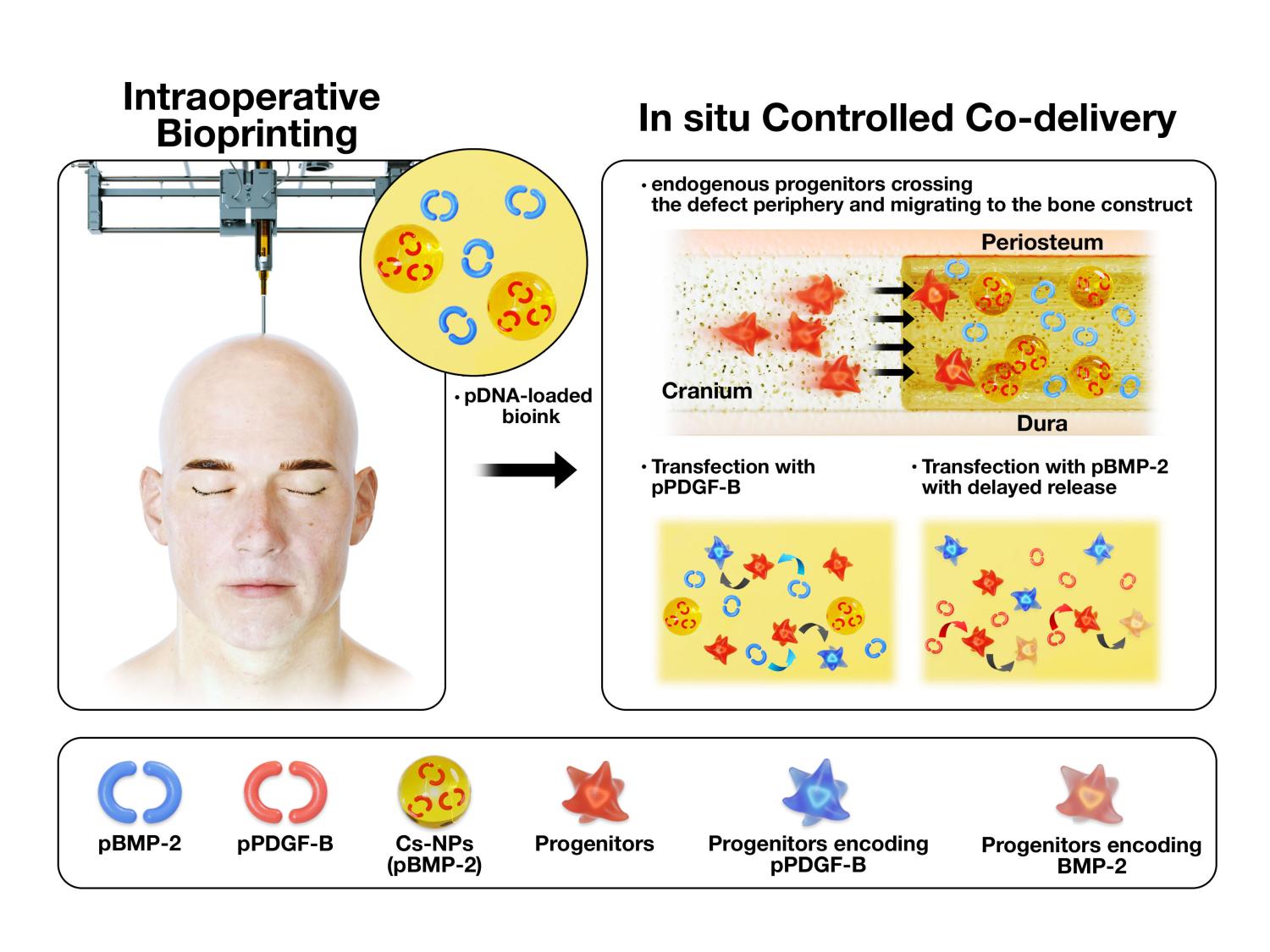高い特異性と感度を持つツール、ヒューストン大学が特許を申請 Tool Has High Specificity and Sensitivity, University of Houston Files for Patent
2022-04-12 ヒューストン大学(UH)
・ヒューストン大学核内受容体・細胞シグナル研究センターは、非常に希少で不均一性の高い循環腫瘍細胞を高い特異性と感度で検出する新たな方法を開発しました。
・このUniProデバイスは、Molecular Therapy誌に報告されています。UHの技術移転・イノベーション室は現在、産業界のパートナーと協力して、この技術を商業化するための最適な計画を策定しています。
<関連情報>
- https://uh.edu/news-events/stories/2022-news-articles/april-2022/04122022-shaun-zhang-unipro-detecting-cancer-cells.php
- https://www.sciencedirect.com/science/article/pii/S2329050121001339#:~:text=The%20chimeric%20virus%20probe%20is,the%20detection%20with%20high%20sensitivity.
キメラウィルスを用いたプローブにより、生きた循環腫瘍細胞を高い特異性と感度で一義的に検出することに成功 A chimeric virus-based probe unambiguously detects live circulating tumor cells with high specificity and sensitivity
XinpingFu,LihuaTao,XiaoliuZhang
Molecular Therapy Published:28 August 2021
https://doi.org/10.1016/j.omtm.2021.08.007

Abstract
The current methods for detecting circulating tumor cells (CTCs) suffer from several drawbacks. We report a novel method that is based on a chimeric virus probe and can detect CTCs with extremely high specificity and sensitivity. Moreover, it exclusively detects live CTCs, and its detection efficacy is not impacted by the variation of epithelial cell adhesion molecule (EpCAM) expression. The chimeric virus probe is composed of a capsid from human papillomavirus that provides the detection with high specificity and an SV40-based genome that can amplify extensively inside CTCs and, hence, endows the detection with high sensitivity. Furthermore, different marker genes can be incorporated into the probe to provide detection with versatility. These unique capabilities will likely improve the validity and utility of this CTC detection in several clinical applications, which is one of the drawbacks suffered by many of the current CTC detection methods.


